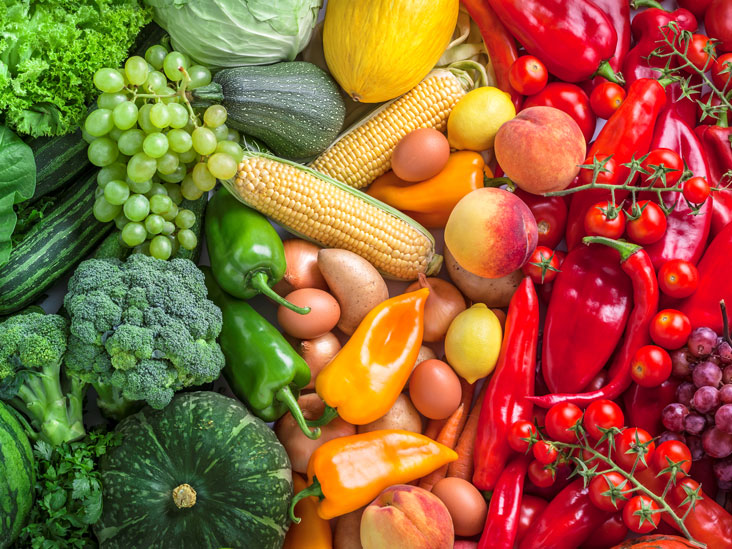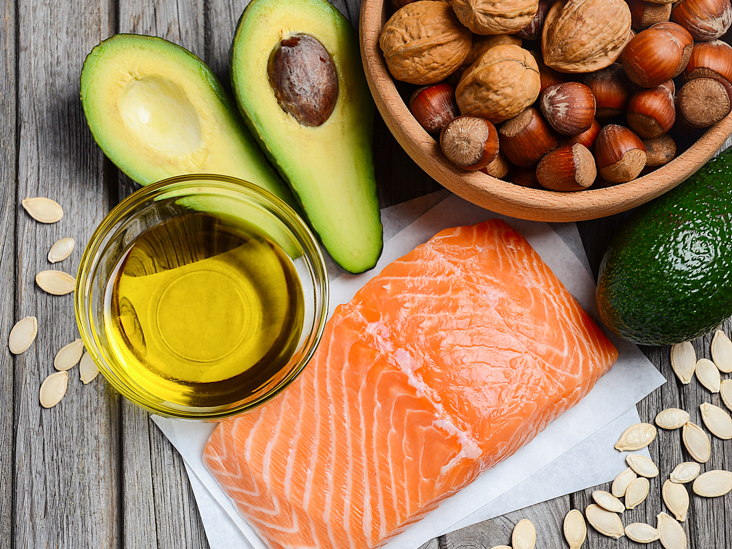What is acne?
Acne is a skin problem that can cause several types of bumps to form on the surface of the skin. These bumps can form anywhere on the body but are most common on the:
- face
- neck
- back
- shoulders
Acne is often triggered by hormonal changes in the body, so it’s most common in older children and teenagers going through puberty.
Acne will slowly go away without treatment, but sometimes when some starts to go away, more appears. Serious cases of acne are rarely harmful, but can cause emotional distress and can scar the skin.
Depending on its severity, you may choose no treatment, over-the-counter treatment, or prescription acne medications to deal with your acne.
What causes acne?
To understand how acne develops, it can help to understand more about the skin: The skin’s surface is covered in small holes that connect to oil glands, or sebaceous glands, beneath the skin.
These holes are called pores. The oil glands produce an oily liquid called sebum. Your oil glands send sebum up to the skin’s surface through a thin channel called a follicle.
The oil gets rid of dead skin cells by carrying them through the follicle up to the surface of the skin. A thin piece of hair also grows up through the follicle.
Acne occurs when the skin’s pores clog up with dead skin cells, excess oil, and sometimes bacteria. During puberty, hormones often cause oil glands to produce excess oil, which increases acne risks.
There are three main types of acne:
- A whitehead is a pore that gets clogged and closes but sticks out of the skin. These appear as hard, whitish bumps.
- A blackhead is a pore that gets clogged but stays open. These appear as tiny dark spots on the skin’s surface.
- A pimple is a pore whose walls open, allowing oil, bacteria, and dead skin cells to get under the skin. These appear as red bumps that sometimes have a pus-filled white top (the body’s reaction to the bacteria).
How does diet affect the skin?
One thing that can affect your skin is diet. Certain foods raise your blood sugar more quickly than others.
When your blood sugar rises quickly, it causes the body to release a hormone called insulin. Having excess insulin in your blood can cause your oil glands to produce more oil, increasing your risks of acne.
Some foods that trigger spikes in insulin include:
- pasta
- white rice
- white bread
- sugar
Because of their insulin-producing effects, these foods are considered “high-glycemic” carbohydrates. That means they’re made of simple sugars.
Chocolate is also believed to worsen acne, but it doesn’t seem to affect all people, according to a study published in the Journal of Clinical and Aesthetic DermatologyTrusted Source.
Other researchers have studied the connections between a so-called “Western diet” or “standard American diet” and acne. This kind of diet is based heavily on:
- high-glycemic carbohydrates
- dairy
- saturated fats
- trans fats
According to research reported in the Journal of Clinical, Cosmetic and Investigational Dermatology, these kinds of foods stimulate the production of hormones that can cause excess oil to be created and secreted by oil glands.
They’ve also found that a Western diet is linked to greater inflammation, which can also contribute to acne problems.
What foods are believed to help your skin?
Eating low-glycemic foods made of complex carbohydrates may reduce your risk of developing acne. Complex carbohydrates are found in the following foods:
- whole grains
- legumes
- unprocessed fruits and vegetables
Foods containing the following ingredients are also thought to be beneficial for the skin because they reduce inflammation:
- the mineral zinc
- vitamin A and E
- chemicals called antioxidants
Some skin-friendly food choices include:
- yellow and orange fruits and vegetables such as carrots, apricots, and sweet potatoes
- spinach and other dark green and leafy vegetables
- tomatoes
- blueberries
- whole-wheat bread
- brown rice
- quinoa
- turkey
- pumpkin seeds
- beans, peas, and lentils
- salmon, mackerel, and other kinds of fatty fish
- nuts
Everyone’s body is different, and some people find that they get more acne when they eat certain foods. Under your doctor’s supervision, it can be helpful to experiment with your diet to see what works best for you.
Always take into account any food allergies or sensitivities you may have when planning your diet.
Do any studies show that these foods help your skin?
Low-glycemic diets
Several recent studies suggest that following a low-glycemic diet, or one that is low in simple sugars, can prevent and improve acne. Researchers in one study of Korean patients found that following a low-glycemic load for 10 weeks can lead to significant improvements in acne.
In another study published in the Journal of the American Academy of DermatologyTrusted Source, researchers found that following a low-glycemic, high-protein diet for 12 weeks improved acne in men, and also led to weight loss.
Zinc
Studies also suggest that eating foods rich in zinc may be useful in preventing and treating acne. Foods that are rich in zinc include:
- pumpkin seeds
- cashews
- beef
- turkey
- quinoa
- lentils
- seafood such as oysters and crab
In one study published in the BioMed Research International JournalTrusted Source, researchers looked at the relationship between the levels of zinc in the blood and acne severity. Zinc is a dietary mineral important in skin development as well as regulating metabolism and hormone levels.
The researchers found that low levels of zinc were linked to more severe cases of acne. They suggest increasing the amount of zinc in the diet to 40 mg of zinc per day to treat people with severe cases of acne. Studies suggest that same amount of zinc even for people without acne.
Vitamins A and E
In a study published in the Journal of Cutaneous and Ocular ToxicologyTrusted Source, researchers found that low levels of vitamins A and E also seem to be linked to severe cases of acne.
They suggest that people with acne may be able to lessen the severity of their acne by increasing their intake of foods containing these vitamins. Talk to your doctor before taking vitamin A supplements. Vitamin A toxicity can cause permanent damage to your major organs.
Antioxidants and omega-3 fatty acids
Omega-3s are a type of fat found in certain plants and animal-protein sources, such as fish and eggs. Antioxidants are chemicals that neutralize damaging toxins in the body. Together, omega-3s and antioxidants are thought to reduce inflammation.
Studies largely support the connection between an increase in consumption of omega-3s and Antioxidants and a decrease in acne.
A study published in the Lipids in Health and DiseaseTrusted Source found that people who took a daily omega-3 and antioxidant supplement were able to both reduce their acne and improve their mental health.
Since acne often causes emotional distress, omega-3 and antioxidant consumption may be very beneficial for people with the condition.
The bottom line
Some studies suggest certain foods can help get rid of acne and improve skin health, but there is no definitive food “cure.” Before modifying your diet, it’s important to talk to your doctor to make sure any changes you make won’t harm your health.
The best diet advice in dealing with acne appears to be eating a wholesome, balanced diet rich in fresh fruits and vegetables, healthy protein sources, and whole grains.





